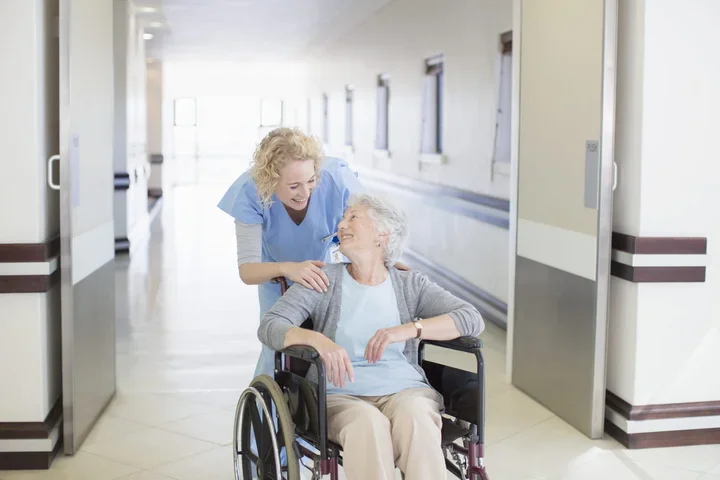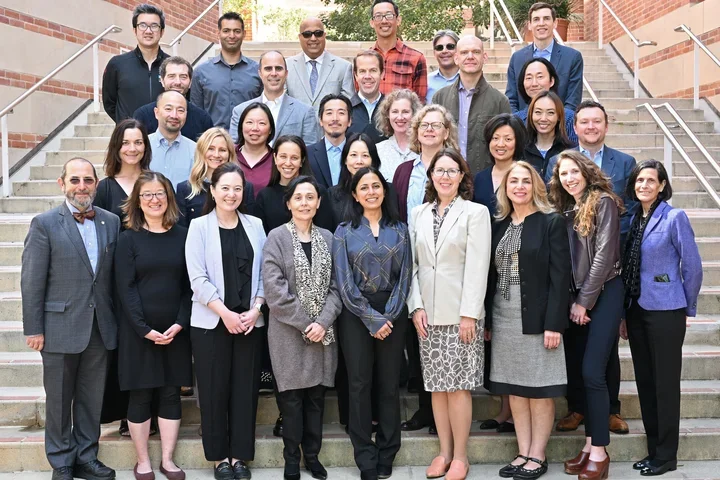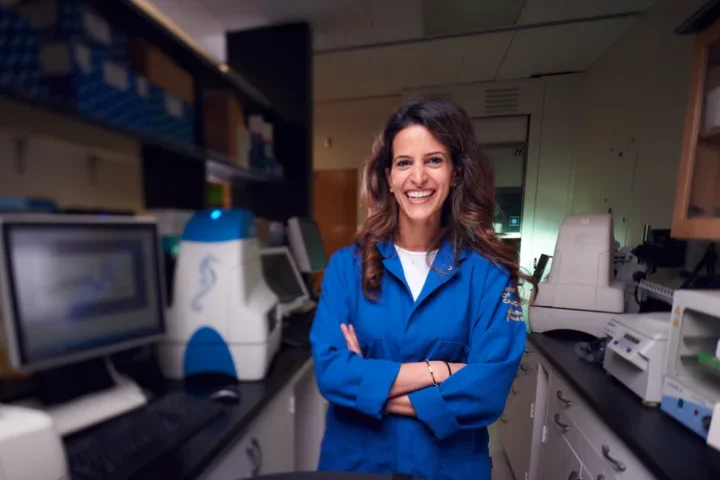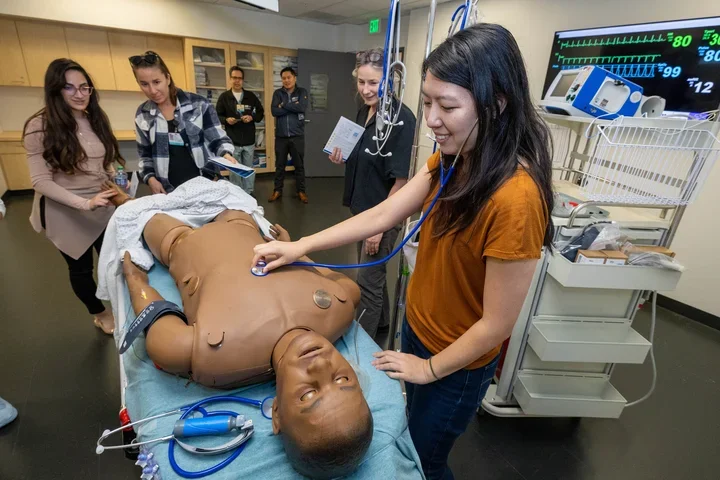How Friendships Enhance Medical Careers
Getting the Most Out of Medical School
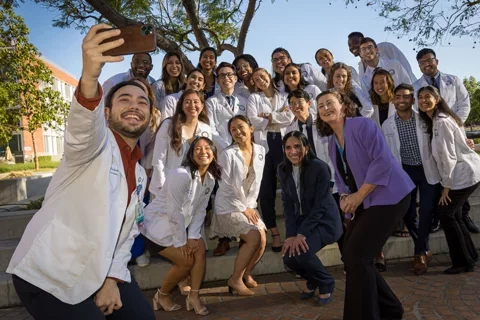
The Academic and Professional Experience Is Enhanced by Community Engagement and Strong Friendships
Hard work, discipline, and healthy habits aren't all medical students need to achieve success. According to two close friends who met at the David Geffen School of Medicine at UCLA, developing and nurturing close friendships made them better students, and eventually, better doctors.
After meeting at orientation, Jiwoon Chang, MD and Abinav Baweja, MD bonded during a school-hosted trip to a music festival, where they discovered their shared passion for diverse music and UCLA basketball. The pair became part of a close-knit group that supported each other throughout medical school and residencies.
Dr. Chang and Dr. Baweja remember how excited they were to match into the same internal medicine residency program at New York University.
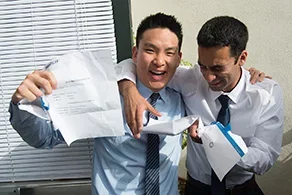
"Both of us ranked it as our first choice," says Dr. Baweja. "So on Match Day, we ran into each other and were just in tears. We couldn't believe that we got our number-one choice and that we would have a good friend in our residency program."
The friends were thrilled to remain close, and their deep bond enhanced their medical careers in unexpected ways.
Friendships Make People Better Students
Forming a strong social circle in medical school helped Dr. Baweja and Dr. Chang excel academically while maintaining work-life balance.
"Having close friends keeps your energy up and keeps you motivated" says Dr. Baweja. "Even when times are tough in medical school and you're really busy, it's all about wellness. We had so much collective social outpouring amongst our friends. We went on several trips that were sponsored by the [David Geffen School of Medicine's] wellness committee. We went snowboarding in northern California and got together regularly for dinner or just to hang out. That made the experience of medical school so much better."
"For me," he admits, "it was more fun than college."
Even during hectic third- and fourth-year hospital rotations, the friends made time to get together. They used an email thread they nicknamed "Excessive Mastication" to arrange weekly dinners at restaurants throughout LA. Taking these social breaks helped the students stay focused on academic efforts without feeling overwhelmed.
"These friendships prevented me from burning out in medical school," says Dr. Chang. "They allowed me to become a better student in class and [at various] hospitals."
The friends also helped each other become better students by holding regular study groups.
"Studying with friends made me more motivated to get work done and to learn," recalls Dr. Baweja. "Prior to our board exam, we did weekly assignment rotations where one of us would prepare a summary of some topic related to the exam and present it to everyone else. That really helped academics and further enhanced our bond."
Friendships Make People Better Doctors
Dr. Chang and Dr. Baweja both feel that the strong friendships they formed in the collaborative environment of medical school will continue to enrich their medical careers.
"At the end of the day, having close friends in medical school really drives your experience as a doctor," says Dr. Baweja. "Being a doctor is all about dealing with people — patients, nurses, staff, and other professionals — and being able to relate to diverse groups of people, on both a professional and human level."
Dr. Chang agrees, recalling how making connections was one of the most beneficial things she did during her time as a medical student. "I think the most important set of skills to learn from medical school is forming strong connections, working together and sharing knowledge to work toward the same goal."
Visit the David Geffen School of Medicine Student Life page to find a variety of resources for making friends and connections.
(Related Article: How to Make Friends in Medical School)
